Quality of Water Use of Boiler
Steam boilers are the main boilers for commercial water, but from the perspective of boiler explosion accidents and boiler corrosion in recent years, many workers of steam hot water boilers are not very familiar with the maintenance and use of boilers, or they are not familiar with them. So, what are the water quality requirements for steam hot water boilers?

Natural water usually contains three kinds of impurities: suspended impurities such as sand, oil, etc., colloidal impurities such as iron, aluminum, silicon hydroxide, etc. and dissolved impurities, dissolved gases and dissolved salts. These impurities can cause scale and water slag in the boiler, corrode the metal surface of the boiler, cause foaming of the boiler water, co-steaming of steam and water, steam with water, contaminated steam, and sometimes can cause the superheater to deposit salt and scale, causing overheating and bursting. Especially the formation of scale not only wastes combustion and damages the heated surface, but also destroys the water circulation and shortens the service life of the boiler. The reason for the formation of scale in the boiler is that during the heating process of the water, certain calcium and magnesium salts undergo chemical reactions to form insoluble substances. The solubility of these calcium and magnesium salts decreases as the temperature of the water increases, and precipitates after reaching a saturated concentration. ; After the boiler water is continuously evaporated and concentrated, insoluble salts form a precipitate.
The main requirements of the steam boiler are as follows:
- When the rated evaporation of the boiler is greater than or equal to 6t/h, the boiler should be degassed. If the boiler has a rated evaporation of less than 6t/h, if local corrosion is found, the water supply should be deoxidized. For boiler feed water, the oxygen content of the boiler feed water. Should be less than or equal to 0.05mg/L.
- If it is difficult to determine the dissolution of solids, it can be indirectly controlled by measuring conductivity or chloride ion (C1-), but the relationship between dissolved solids and conductivity or chloride ion (Cl-) should be based on the test determine. This ratio relationship should be periodically retested and corrected.
- The relative alkalinity of all welded boilers cannot be controlled.
- MPa steam hot water boiler and steam water boiler (such as steam and water quality without special requirements) can also be used in the boiler. However, it is necessary to supervise the scale, scaling and water quality of steam hot water boilers, and do a good job of sewage and cleaning.
In order to ensure that the boiler feed water and boiler water meet the corresponding standards, make the boiler non-scaling, non-corrosive, and steam quality in line with the requirements, so as to ensure the safe and economic operation of the boiler, the boiler must be treated with water. The specific choice is based on the furnace and the water, and the appropriate treatment method can also be selected according to the relationship between the total hardness of the water source and the total alkalinity.
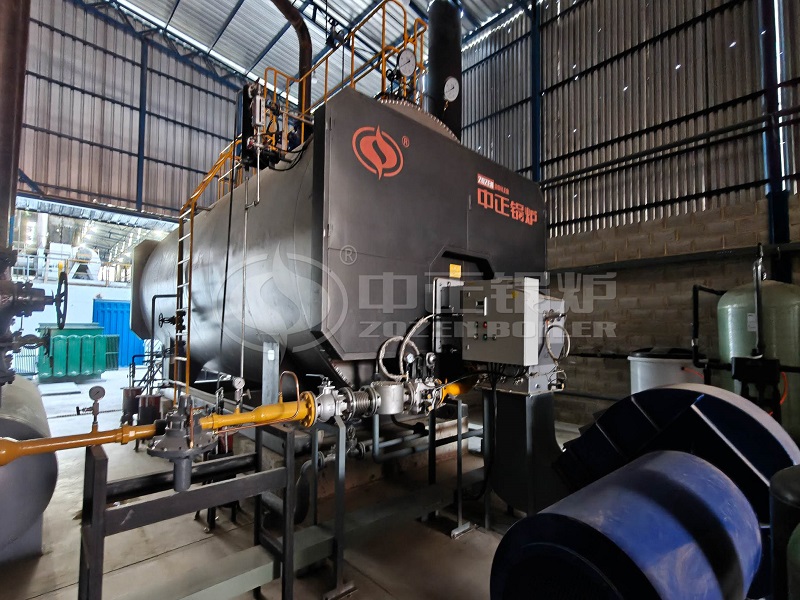
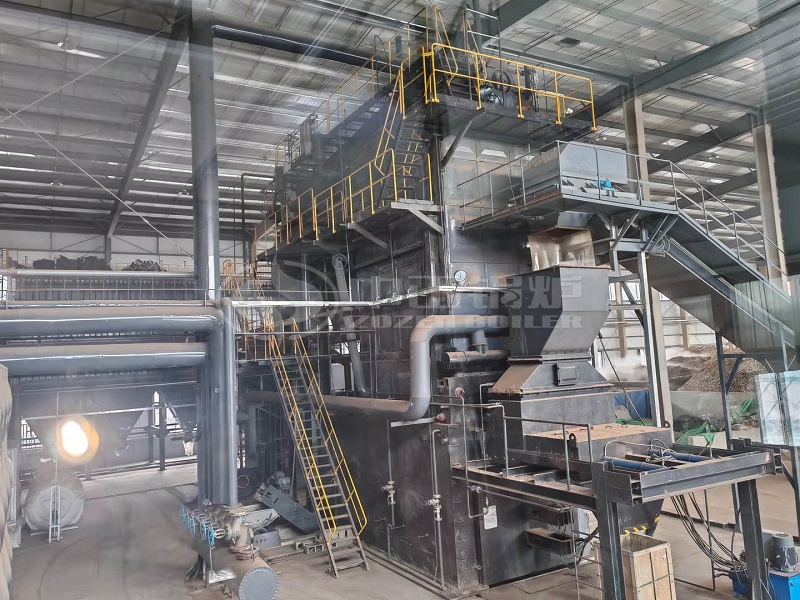
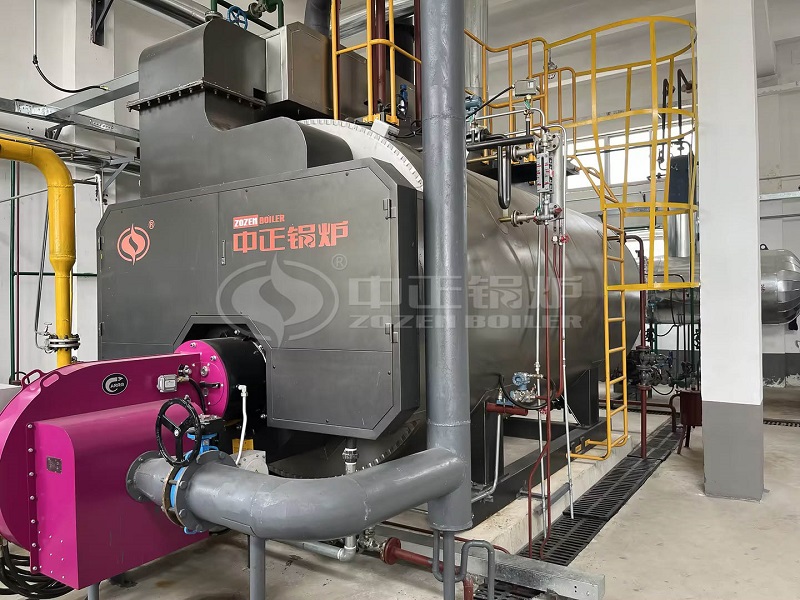
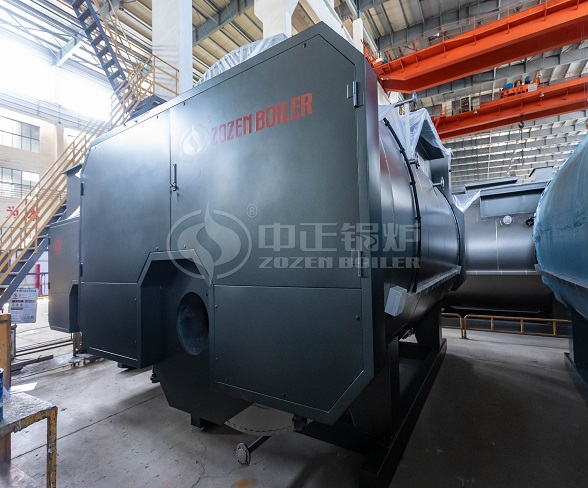
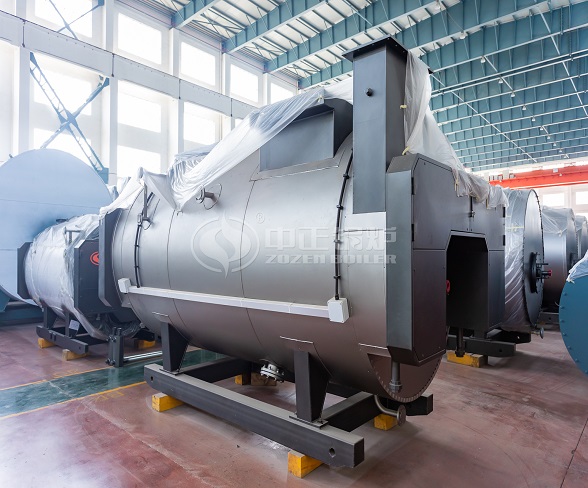
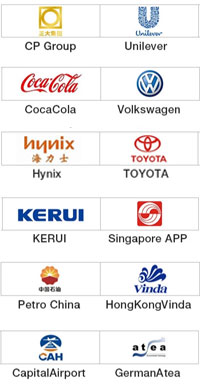

LEAVE A MESSAGE
For all inquiries, please fill in the form below (* are required) to send us a brief message, and we will get back to you as soon as possible.